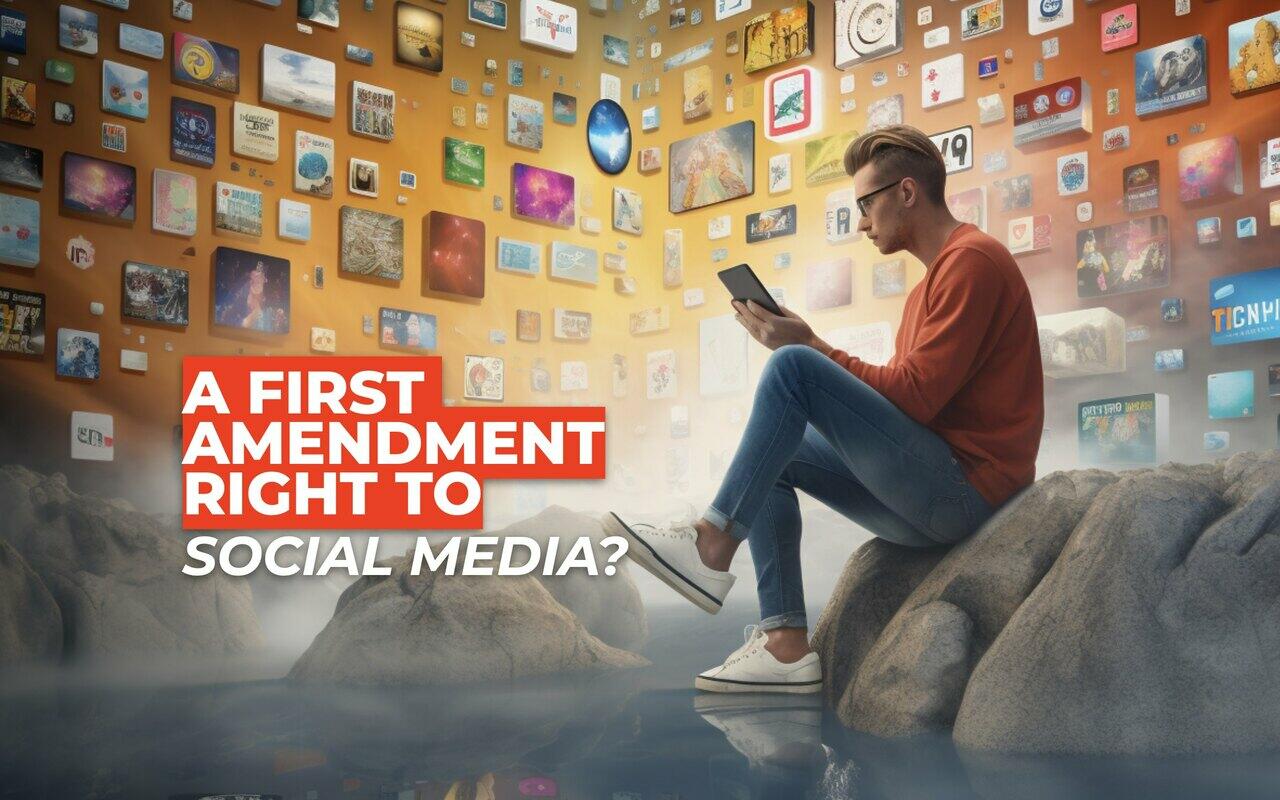Social Media Firings Spark National Debate on Free Speech Rights
A wave of recent firings tied to controversial social media posts has reignited fierce debate over the true reach of the First Amendment in modern America. As high-profile cases involving posts about conservative commentator Charlie Kirk make headlines, legal experts and free speech advocates are warning that many Americans fundamentally misunderstand what the First Amendment actually protects—and what it doesn’t.
What the First Amendment Really Covers
The First Amendment, ratified in 1791, is often cited as the bedrock of American free speech. It famously prohibits Congress from making laws that abridge freedom of speech, religion, press, assembly, or petition. But here’s the catch:
these protections apply only to government actions, not to private employers or companies.
This means that while you can criticize the government or express unpopular opinions without fear of government censorship, your employer is not legally bound by the First Amendment. As the American Library Association explains, “The First Amendment only prevents government restrictions on speech. It does not prevent restrictions on speech imposed by private individuals or businesses. Facebook and other social media can regulate or restrict speech hosted on their platforms because they are private entities”.
The Charlie Kirk Social Media Case: A Legal Perspective
The latest controversy centers on employees fired after posting or sharing content related to Charlie Kirk, a polarizing conservative figure. According to First Amendment lawyers,
private employers are generally within their rights to terminate employees for social media activity, even if that activity is political or controversial.
Legal experts caution that while this may feel like a violation of free speech, the Constitution simply doesn’t apply in these scenarios. “The short answer is yes, you can be fired for your social media posts,” one First Amendment attorney told Ideastream Public Media. “But the bigger concern is the chilling effect this could have on public discourse and the future of free speech in the workplace”.
Supreme Court: Broad Protections—But With Limits
The U.S. Supreme Court has consistently interpreted the First Amendment broadly, especially when it comes to protecting unpopular or even offensive speech from government censorship. However, the Court has also carved out exceptions for certain types of speech, including:
-
Obscenity
-
Child pornography
-
Defamatory speech
-
False advertising
-
True threats
-
Fighting words
Deciding what is and isn’t protected is ultimately up to the courts, and these exceptions remain narrow by design.
The Private Sector: A Different Set of Rules
The distinction between government and private action is crucial. While public institutions cannot punish employees for protected speech,
private companies have wide latitude to set their own codes of conduct and social media policies. This means that employees can—and often do—face consequences for online speech that their employers find objectionable, even if that speech would be protected from government censorship.
Why This Matters: The Future of Free Expression
The current wave of social media-related firings is raising urgent questions about the boundaries of free expression in a digital age dominated by private platforms and employers. Free speech advocates warn that if private censorship becomes too aggressive, it could stifle the robust debate that the First Amendment was designed to protect—even if it remains technically legal.
As the legal landscape evolves, experts urge Americans to understand the difference between constitutional rights and workplace policies. The First Amendment remains a powerful shield against government overreach, but it is not a universal guarantee of consequence-free speech in every aspect of public life.
Takeaways for Employees and Employers
-
Know your rights: The First Amendment protects you from government censorship, not from your employer’s policies.
-
Check your company’s social media guidelines: Many employers have explicit rules about what can and cannot be posted online.
-
Think before you post: Even if your speech is protected from government action, it may still have professional consequences.
The debate over the First Amendment’s reach is far from over. As digital platforms and workplace norms continue to evolve, so too will the conversation about what it truly means to speak freely in America.
Sources
1. Trump administration fails the First Amendment
2. Cases By Date | The Free Speech Center - MTSU
3. Can you be fired for Charlie Kirk social media posts? First Amendment lawyer weighs in
4. First Amendment and Censorship | ALA - American Library Association
5. Charlie Kirk firings: Why the First Amendment does not ... - YouTube
6. NACDL - First Amendment Resources
7. Freedom Forum: Homepage
8. Notable First Amendment Court Cases | ALA
9. First Amendment Activities - United States Courts
10. Stories of the First Amendment in Action
